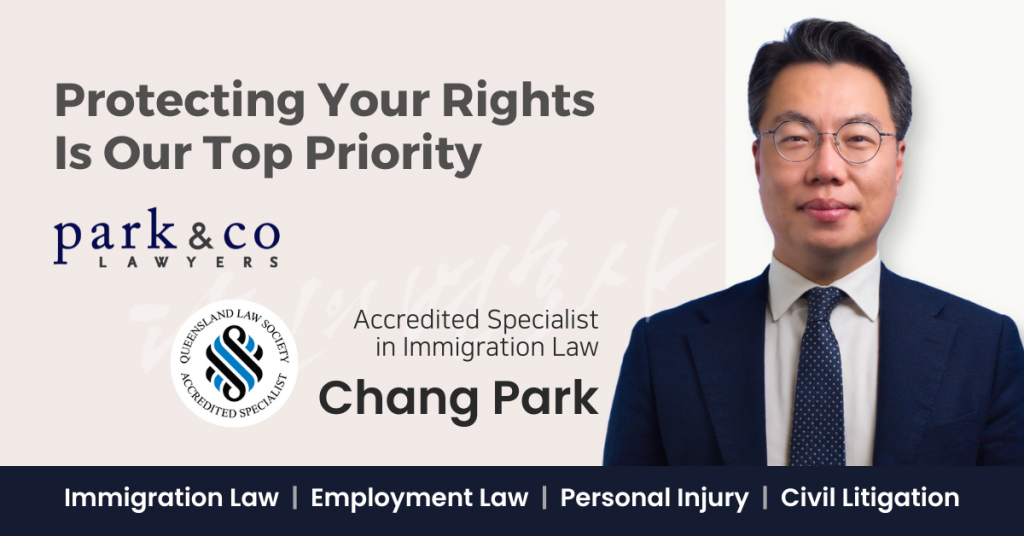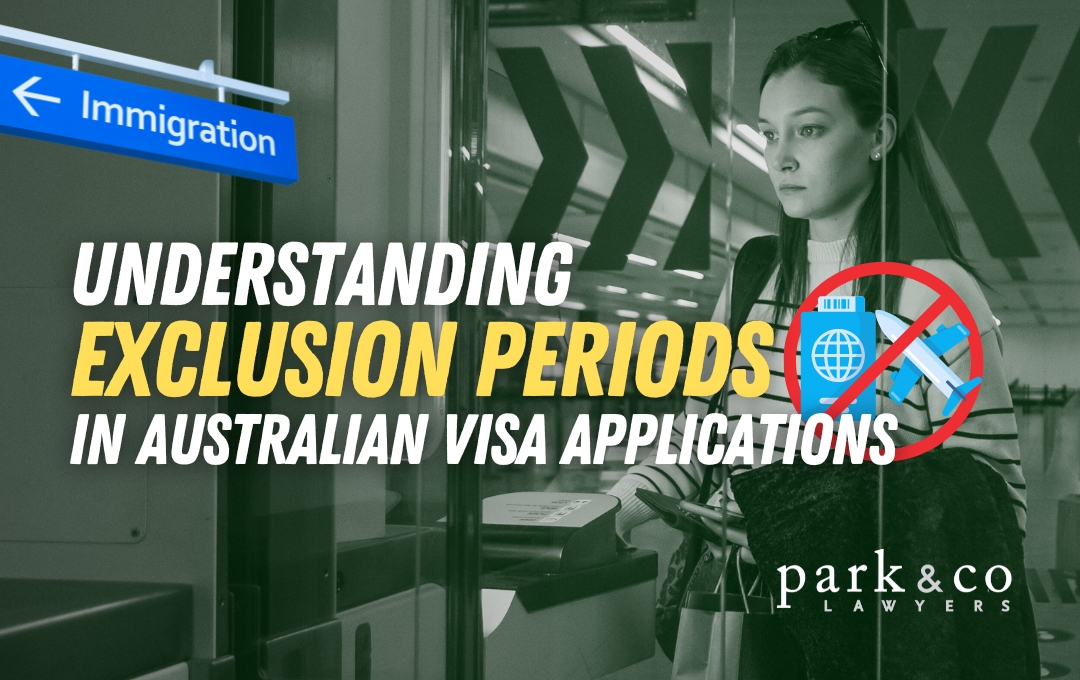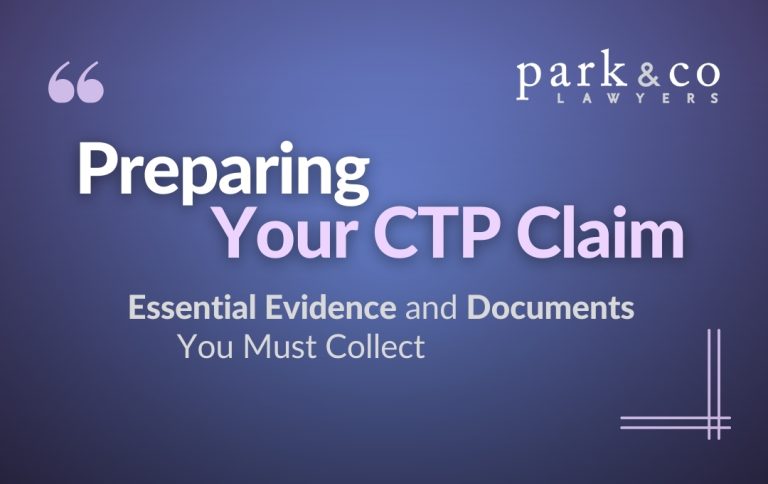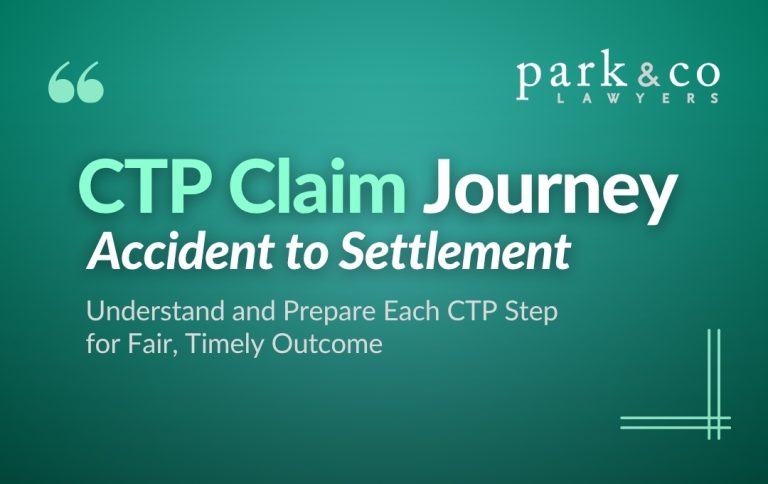Exclusion periods, also known as re-entry bans, are an important aspect of Australian immigration law that can significantly impact an individual’s ability to enter or remain in Australia. As experienced immigration lawyers, we at Park & Co Lawyers often encounter clients grappling with the complexities of these restrictions. This article aims to provide a comprehensive overview of exclusion periods, their implications, and potential pathways for those affected.
What Are Exclusion Periods?
Exclusion periods are timeframes during which certain individuals are prevented from being granted specific types of Australian visas. These periods are typically imposed when a person has breached visa conditions, overstayed their visa, or been subject to visa cancellation. The most common exclusion periods are:
1) 3-Year Exclusion Period: This is the most frequently encountered ban, often associated with Public Interest Criteria (PIC) 4013 and 4014.
2) 12-Month Exclusion Period: Applied under Statutory Requirement Criteria (SRC) 5002, typically for individuals removed from Australia under specific provisions.
3) 2-Year Exclusion Period: Imposed under SRC 5010, often relating to sponsored students who have not complied with visa conditions.
4) Permanent Exclusion: The most severe form, applied under SRC 5001, usually for serious breaches or character concerns.
The 3-Year Exclusion Period in Detail
The 3-year exclusion period is the most common and is typically applied under two main criteria:
PIC 4013
This applies when a person’s previous visa was cancelled due to:
- Providing false information or documents
- Working without authorisation
- Being considered a risk to the health, safety, or good order of the Australian community
PIC 4014
This relates to a person’s immigration status at the time of their previous departure from Australia. It applies to those who left Australia:
- As unlawful non-citizens
- Holding certain Bridging visas (Class C, D, or E) granted outside specific timeframes

Impact of Exclusion Periods
Exclusion periods primarily affect applications for temporary visas. While they don’t necessarily prevent applications for permanent visas, an individual’s immigration history will be considered in the decision-making process. It’s crucial to note that multiple exclusion periods can apply simultaneously, potentially complicating an individual’s visa application process.
Waiving Exclusion Periods
While exclusion periods cannot be shortened or removed, they can be waived in certain circumstances. The Department of Home Affairs may consider waiving an exclusion period if there are:
- Compelling circumstances affecting Australia’s interests
- Compassionate or compelling circumstances affecting an Australian citizen, permanent resident, or eligible New Zealand citizen
Applying for a Waiver
To request a waiver, applicants should:
- Submit a detailed written submission with their visa application
- Provide strong supporting evidence
- Clearly explain why the exclusion period should be waived
Common Grounds for Waiver
Some commonly accepted grounds for waiving exclusion periods include:
- Severe illness or injury preventing travel
- Death or severe illness of a close family member
- Natural disasters or civil unrest in the home country
- Global pandemics restricting international travel
- Significant contributions to Australia’s business, economic, or cultural development
- Exceptional hardship beyond standard separation difficulties
Supporting Evidence for Waiver Applications
When applying for a waiver, providing robust supporting evidence is crucial. This may include:
- Medical records or reports for health-related claims
- Death certificates or medical documentation for family emergencies
- Evidence of business interests or investments in Australia
- Character references from Australian citizens or residents
- Detailed explanations of past immigration issues and steps taken to address them
- Proof of ties to Australia (employment contracts, lease agreements, etc.)
- Financial documents demonstrating stability
- Educational records from Australian institutions
- Legal documents or police reports, if relevant
- Personal impact statements
Avoiding Exclusion Periods
The best strategy is to avoid being subject to an exclusion period in the first place. This can be achieved by:
- Complying with all visa conditions
- Maintaining a valid visa while in Australia
- Being aware of visa expiry dates and planning accordingly
- Seeking professional advice before making significant decisions about your visa status
Implications for Different Visa Types
It’s important to understand that exclusion periods don’t affect all visa types equally:
- Temporary Visas: Most significantly impacted, with many subject to PIC 4013 and 4014
- Permanent Visas: Generally not directly affected, but immigration history is considered
- Partner Visas: Special considerations may apply due to the nature of these relationships
The Role of Professional Assistance
Navigating exclusion periods and waiver applications can be complex and stressful. Each case is unique and requires careful consideration of individual circumstances. Professional guidance can be invaluable in:
- Assessing your situation and eligibility for a waiver
- Preparing a compelling waiver application
- Gathering and presenting appropriate supporting evidence
- Understanding the implications for future visa applications
- Exploring alternative visa options if a waiver is not granted
Recent Developments and Future Outlook
Australian immigration law is dynamic, with policies and procedures subject to change. Recent global events, such as the COVID-19 pandemic, have led to temporary adjustments in how exclusion periods are applied and considered. It’s crucial to stay informed about the latest developments and seek up-to-date advice when dealing with exclusion periods.
Conclusion
Exclusion periods are a significant aspect of Australian immigration law, potentially impacting many visa applicants. While they present challenges, understanding the system and knowing your options can make a substantial difference. Whether you’re facing an exclusion period, considering a waiver application, or simply planning your future in Australia, it’s essential to approach the situation with thorough knowledge and careful planning.
Navigating the complexities of Australian immigration law, especially when dealing with exclusion periods, can be challenging. At Park & Co Lawyers, we specialize in providing expert guidance on these matters. Our team, led by Chang Min Park, brings a wealth of experience in Australian immigration law, combined with a unique understanding of the challenges faced by migrants.
If you’re dealing with an exclusion period, considering a waiver application, or need advice on any aspect of Australian immigration law, we’re here to help. Our expertise can make a significant difference in your case, potentially saving you time, stress, and resources.
Don’t let an exclusion period derail your Australian dreams. Contact Park & Co Lawyers today for a consultation. Let us put our knowledge and experience to work for you, helping you navigate the complexities of Australian immigration law and working towards the best possible outcome for your situation. Reach out to us now to take the first step towards resolving your immigration challenges and securing your future in Australia.








